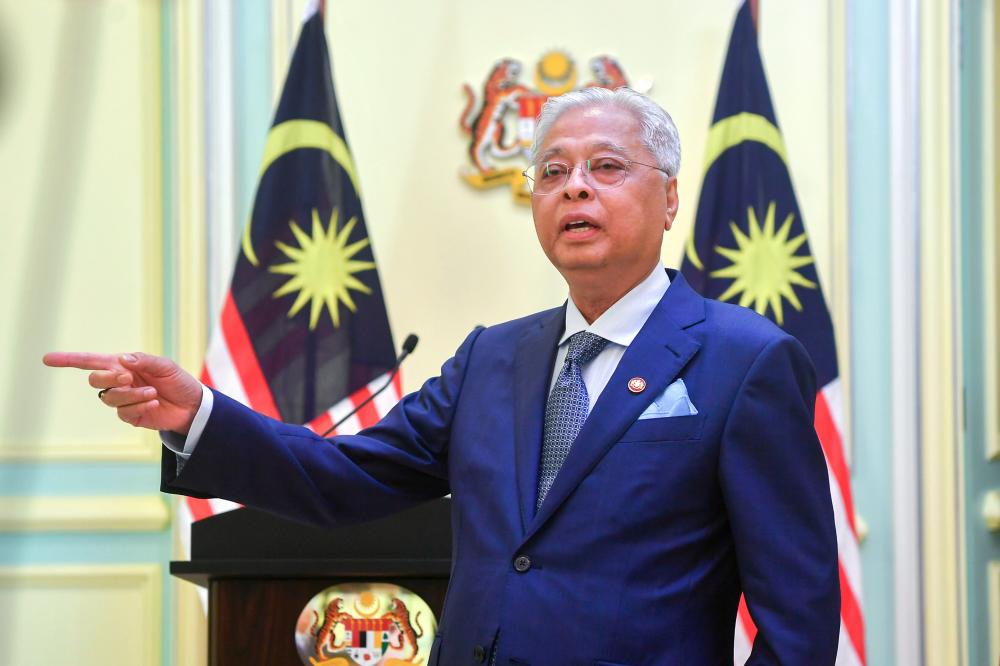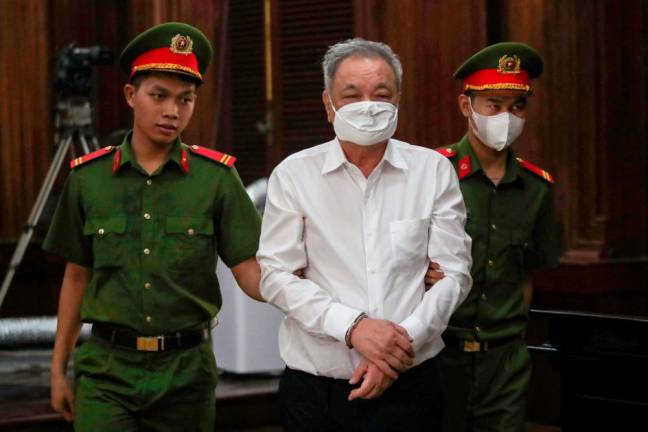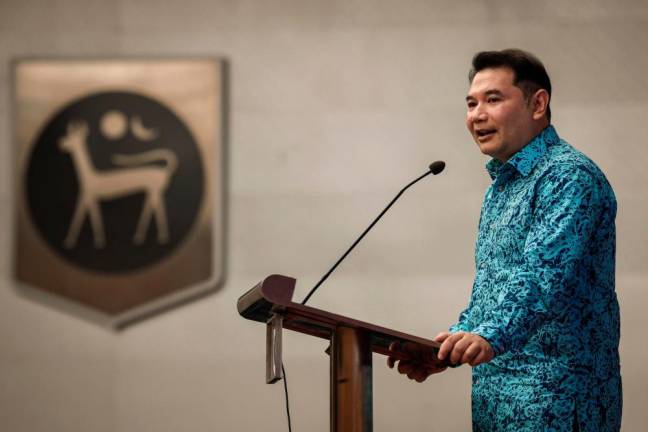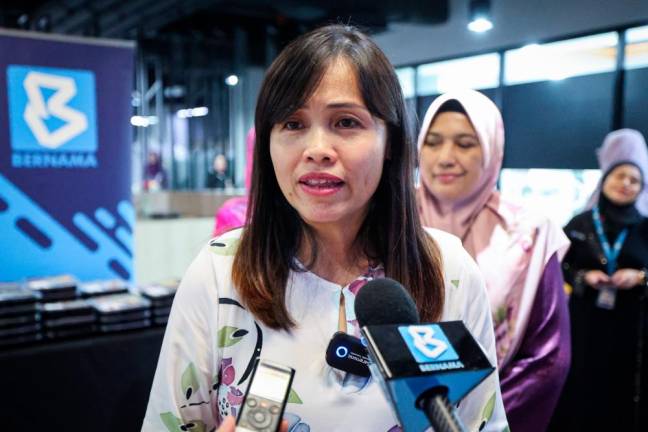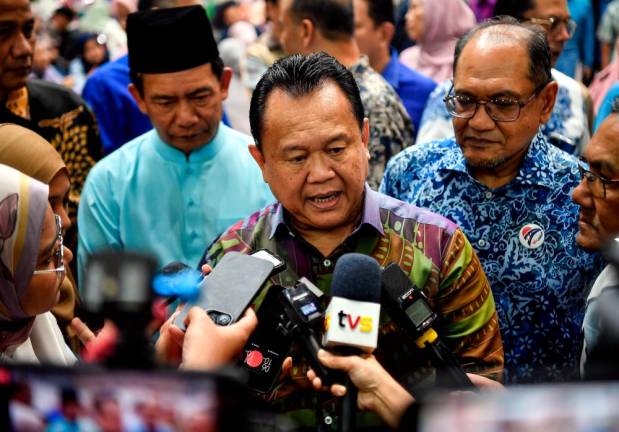WITH the dissolution of Parliament, the existing government will automatically become a caretaker government.
On Monday afternoon, Prime Minister Datuk Seri Ismail Sabri Yaakob announced the dissolution of Parliament, making way for the 15th general election (GE15) to be held.
The special address was broadcast live across national television stations at 3pm on Monday, after obtaining consent from the Yang di-Pertuan Agong Al-Sultan Abdullah Ri’ayatuddin Al-Mustafa Billah Shah.
The prime minister also pleaded with all state governments except for Sabah, Sarawak, Malacca and Johor to dissolve their state assemblies and hold elections for their states simultaneously with the Federal government.
According to the Federal Constitution, an election must be held within 60 days of the dissolution of the Parliament.
Article 55(4) of the Federal Constitution clearly states that, “Whenever Parliament is dissolved a general election shall be held within 60 days from the date of the dissolution and Parliament shall be summoned to meet on a date not later than 120 days from that date”.
The caretaker government will continue to administer the country after the outcome of the election is announced by the Election Commission (EC).
Until the election has ended, the country will be in the hands of the existing government and it will be known only as a caretaker government.
A caretaker government is a temporary ad hoc government that performs some governmental duties and functions in a country until a regular government is elected or formed.
Depending on specific practice, it usually comprises either randomly selected or approved members of parliament or outgoing members.
Caretaker governments in representative democracies are usually limited in their function, serving only to maintain the status quo rather than truly govern and propose new legislation. Unlike the government, it is meant to be a temporary replacement.
A caretaker government does not have a legitimate mandate (electoral approval) to exercise the aforementioned functions.
Such practice is not uncommon as many nations around the world have adopted a similar approach.
A caretaker government is expected to conduct itself under a series of well–defined conventions that are administered by the Prime Minister’s Department, although there is no law compelling the caretaker government to do so.
The Malaysian constitutional practice calls for the existing government to continue in office even after parliament has been dissolved, during the election period and until the next government has been formally elected and formed.
The caretaker provisions explicitly recognise that after the dissolution of parliament, the business of government must continue and that ordinary matters of administration must be addressed.
Hence, the provisions allow for normal operations of all government departments.
However, the caretaker conventions do impose some restrictions on the conduct of the caretaker government such as not embarking on any major policies or decisions, making any significant appointments, undergoing major contracts or undertakings, having international negotiations, interfering with election matters and others.
Similarly, such limitations have also been imposed on the government at the state level.
Malaysia has been in this situation 14 times since its independence in 1957.
The caretaker government has been an important topic of discussion in the country for years whenever Parliament is dissolved.
Since we don’t have an explicit written law to regulate a caretaker government, many are keen to know the actual powers that a caretaker government has and the roles that they play.
There is also a concern over the abuse of power by those in the caretaker government.
To avoid this, it would be better if Malaysia can create a special law to regulate a caretaker government in the future.
This is important so that everyone in the caretaker government knows clearly what it can and cannot do.
More importantly, the general public will have more assurance and confidence in the caretaker government to rule over a short period before the new government has been elected and formed after the election.
The law can also regulate all the proper references to be used by all government officials in a caretaker government throughout the period as well as outline the punishment involved for those who break any provisions of the law.
However, we need to realise that currently, we don’t have any specific law which regulates a caretaker government.
We still have many other laws in the country that can be used against a person who abuses his power throughout this caretaking period.
Legal action can still be taken against anyone who abuses his power under civil or criminal laws.
Malaysians must constantly and strictly monitor all the top leaders who exercise their administrative power throughout this caretaking period and report any suspicious activities or wrongdoings to the relevant authorities such as the police and the Malaysian Anti-Corruption Commission.
Muzaffar Syah Mallow is an associate professor at the Faculty of Syariah and Laws (FSU) in Universiti Sains Islam Malaysia (USIM). Comments: letters@thesundaily.com



